Utopias as a tool for creating a better present
The influence of almost 70 years of the anthropocentric era and modern consumerism has not only compromised the climate and ecosystems, but has radically altered the social and cultural values of society, creating a clear detachment and alienation from nature. We therefore live in a climate of uncertainty and complexity in which it is difficult to imagine anything different.
How is it possible nowadays to conceive different paradigms and start new processes of sustainable transition?
In this respect, utopias can help, as they can serve as a tool for reflection, speculation and simulation of future ideal realities that cannot be visualized in the present. Through utopia we can break structures that can no longer work, and create new worlds and ideals that are worth fighting for.
Starting from the reference of the case study Future Terre Alpine, an animated video on new possible resilient scenarios of the agri-food system in South Tyrol in 2030, it will be possible with a role-play activity to imagine, map and contextualise in the present which actions, behaviours and roles the key actors can adopt to initialize the sustainable transformation process.
„How is it possible nowadays to conceive different paradigms and start new processes of sustainable transition?“
„Utopias as a tool to speculate the future and change the present.“
„Let‘s create a new world together which is worth fighting for.“
Bio
Federico Bertacchini and Lisa Zellner are the founders of FUTURE TERRE ALPINE. Two eco-social designers who work in Bolzano, South Tyrol. South Tyrol is an area with unique geological and natural characteristics, which offers an exciting space for possible future developments. This has supported the two researches of them in the field of biodiversity. Especially the loss of biodiversity was analysed and considered under different facets. Federico approached this topic with a focus on the decline of pollinators (wild bees), while Lisa approached it from the side of integrated apple cultivation. The deeper they immersed themselves in these areas, the more meaningful information became and the more they were able to connect. FUTURE TERRE ALPINE is thus a common concrete thinking ahead, a common setting out to recover and celebrate biodiversity.
3 recommended readings or other media
1. Harald Welzer | Alles könnte anders sein
2. Donna Haraway | Staying in Trouble
3. Bruno Latour | Das terrestrische Manifest
